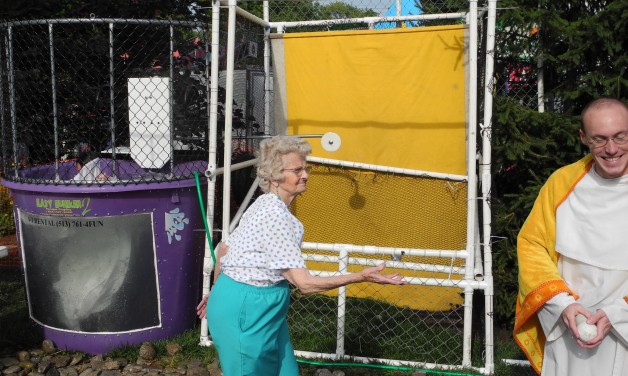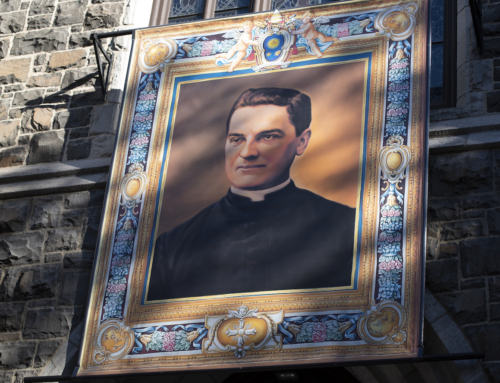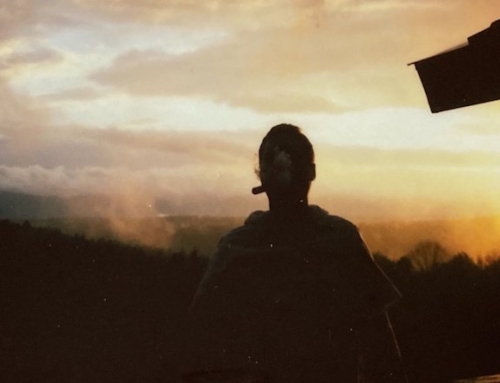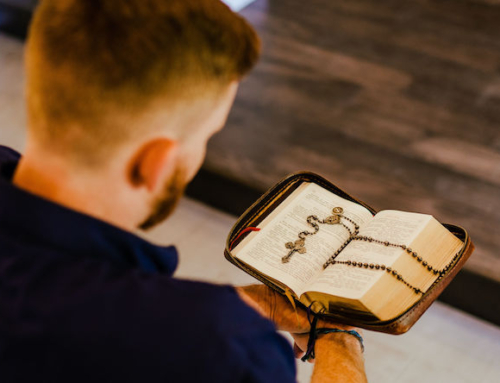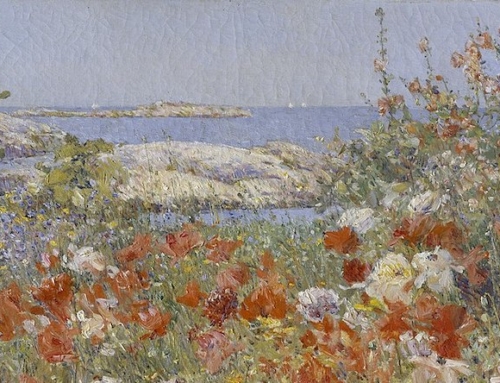Summer is a time for fun, games and relaxation, including going to the beach, the carnival, or going on rides. It is a time for festivals of all kinds, including the annual parish festival. These times of merriment are important for coming together as a community. The psychology of this interaction is explored by Mikhail Bakhtin in his 1940s work Rabelias and His World. For Bakhtin, the carnival is a time where people come together and the standards of society are turned upside down. Quasimodo experiences this in the opening books of Victor Hugo’s The Hunchback of Notre Dame. As the ugliest man, he is elected the Pope of Fools and enjoys leading the procession, even though he knows that he will again be reviled by the crowd the next day. Participation in the crowds and experiencing this turning of norms upside down can also be beneficial, in that we can see ourselves and our motivations more clearly. For me, this became very clear at that most ubiquitous of torture instruments: the dunking booth.
Near the end of our novitiate in Cincinnati, there is a tradition of the novices manning the dunking booth during the St. Gertrude Parish Festival, to raise money for the parish school. This is nothing short of a crucifixion, and sitting up there for 30- or 60-minute stretches for the entire three-day festival is plenty of time to meditate on Our Lord’s Passion while sharing in His sufferings.
First there is the physical suffering of being dunked, often hitting your lower back on the board as you fall down. The water feels nice when the sun is beaming down, but when the sun starts to set, the light breezes become quite chilly as the soaking habit clings to you, the scapular twisted about. The hardest part can be climbing back onto the board 40 or more times in an hour.
Second is the psychological trauma of not being able to relax. You never know when the ball will hit the lever and you should never, never trust little old ladies, as many of them have excellent aim. After the ball hits the lever, there is an instant of time before you fall – an instant too fast to process that you will fall, but just long enough to be unsure if the lever was actually hit.
The third and, for me, greatest challenge was the incredible loneliness up there. You are surrounded by many people and the brethren, but you are very much alone. This is compounded by the fact that without my glasses I really cannot see the people clearly. While you are the one being dunked, you are actually not the center of attention during the process of someone trying to dunk you. The focus is on the ball thrower and the target (the lever), which is to the side of the booth.
The fourth aspect of the dunking booth is where we differ greatly from Christ and his Crucifixion: Sitting in the booth, we are out there mocking the people, goading them on, encouraging fun … and ticket sales. There are many ways of doing this. Some of the brothers read newspapers, which worked until the first time they were dunked. Others brought out various pool toys and a rubber duck for the tub. I instituted the water attack – kicking water on people as they walked by to encourage their revenge. This works best on younger folks, as well as with men who consider themselves decent athletes and have had a few beers with their friends.
Looking back at my time in the dunking booth, the first thing I am glad for is the fact that it was at the end of novitiate and not the start. It certainly was for a good cause, and the St. Gertrude’s community is and remains very supportive, welcoming, and generous.
Secondly, the experience of being dunked was a good lesson for humility and charity. After the Parish Festival, when society was turned right-side up again, I did think about how I have hurt others, and in turn how others have hurt me. How have I physically hurt people by my actions or lack of concern? Christ promises His peace, and yet I have sometimes failed to give to others that same peace I have received, to welcome them when they are lonely or isolated. Once while splashing water from the tank, I hit someone who was not expecting it. The person stopped still and—unable to say a word—just stared wide-eyed at me, incredulous that anyone would do such a thing. My intentions were good-natured and innocent, but I can ask myself: How has my mockery or dehumanization destroyed others’ innocence? We are called to be peacemakers and to build up, not to tear down. Sometimes, we need to step into the carnival and turn our world upside down, to see just how far we still need to go.
St. John the Evangelist, silent sentinel at the foot of Cross, pray for us.
✠
Image: St. Gertrude’s Parish Festival

